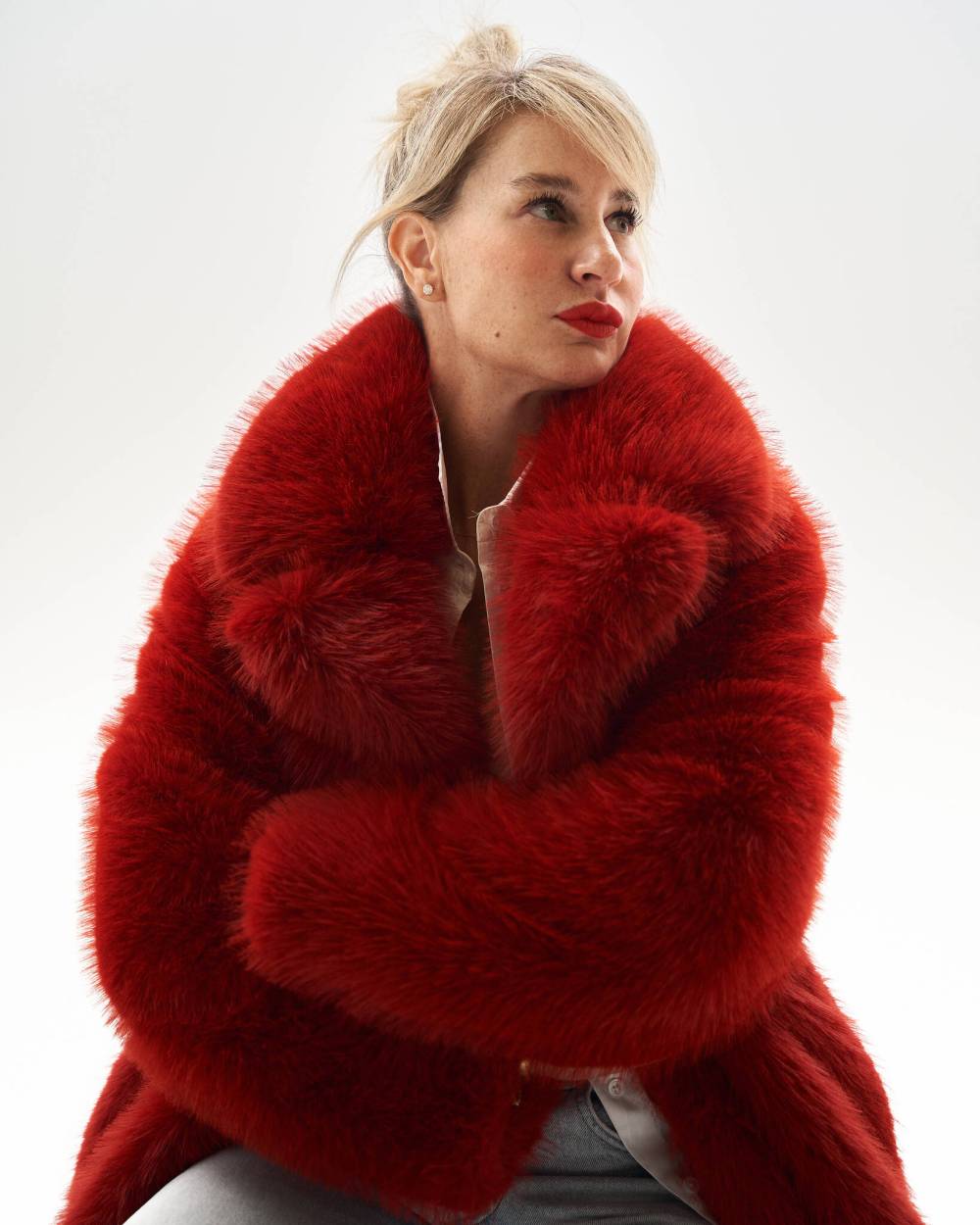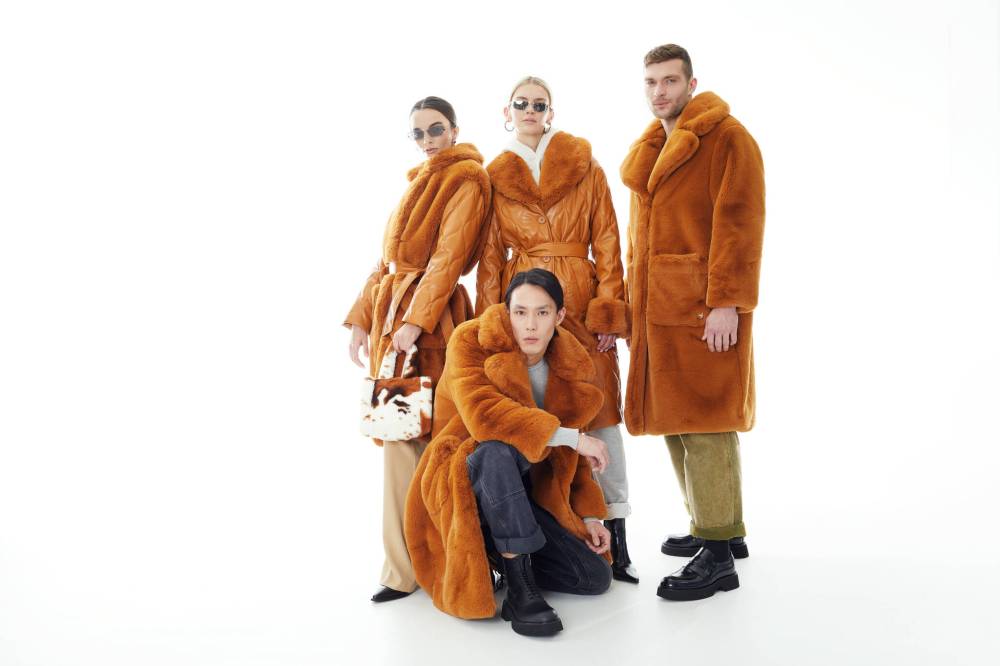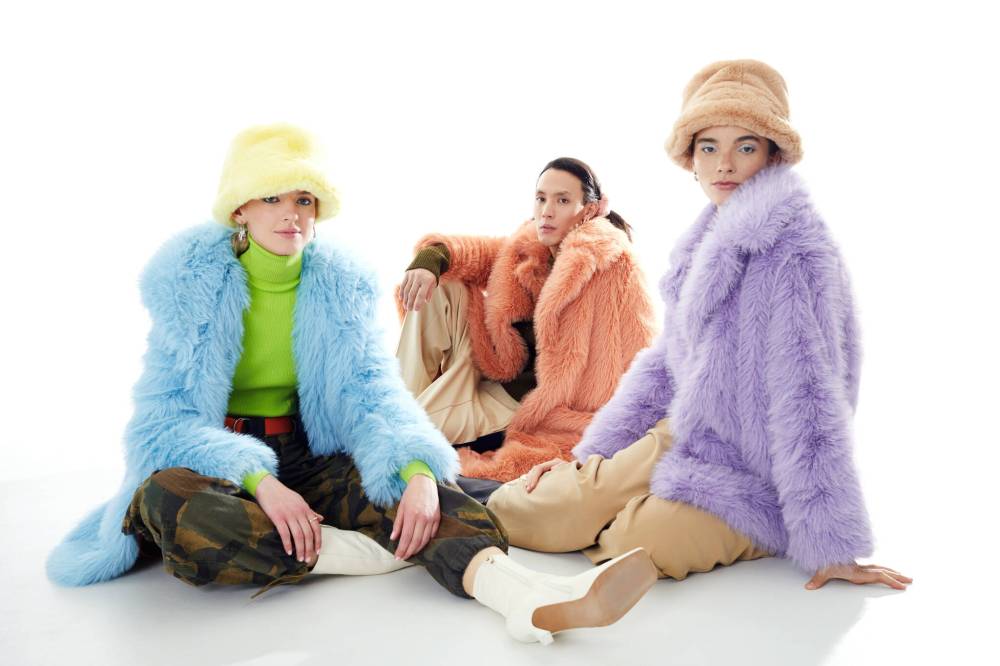Fashion forward award finalist
Freed & Freed’s new Winnipeg-made line nominated for Canadian Outerwear Brand of Year
Advertisement
Read this article for free:
or
Already have an account? Log in here »
To continue reading, please subscribe:
Monthly Digital Subscription
$0 for the first 4 weeks*
- Enjoy unlimited reading on winnipegfreepress.com
- Read the E-Edition, our digital replica newspaper
- Access News Break, our award-winning app
- Play interactive puzzles
*No charge for 4 weeks then price increases to the regular rate of $19.00 plus GST every four weeks. Offer available to new and qualified returning subscribers only. Cancel any time.
Monthly Digital Subscription
$4.75/week*
- Enjoy unlimited reading on winnipegfreepress.com
- Read the E-Edition, our digital replica newspaper
- Access News Break, our award-winning app
- Play interactive puzzles
*Billed as $19 plus GST every four weeks. Cancel any time.
To continue reading, please subscribe:
Add Free Press access to your Brandon Sun subscription for only an additional
$1 for the first 4 weeks*
*Your next subscription payment will increase by $1.00 and you will be charged $16.99 plus GST for four weeks. After four weeks, your payment will increase to $23.99 plus GST every four weeks.
Read unlimited articles for free today:
or
Already have an account? Log in here »
Hey there, time traveller!
This article was published 11/10/2023 (778 days ago), so information in it may no longer be current.
The Canadian Arts and Fashion Awards (CAFA) are a pretty big deal, says Winnipeg-born Marissa Freed.
As the fourth-generation president of the 102-year-old Freed & Freed International manufacturing company, Freed is the creator of its newest in-house brand FREED, which is nominated for Outerwear Brand of the Year. The made-in-Winnipeg luxurious line is the only female-led company in the category, and the only produced without any animal-derived materials.
Winning the award, says Freed, would validate that her vision of a vegan line is not only viable, but celebrated.

Freed & Freed was once well-known for producing the classic outwear brand London Fog. Today, the company has ventured away from the iconic trench coats, ushered by Freed into a bold and bright line of colourful faux fur coats — or “fun fur” as she has long called it— animal-free leather jackets, and accessories including hats and bags.
Like so many designer brands over the last decade, fellow CAFA outerwear nominee Rudsak has recently transitioned to real-fur free, but it continues to use leather, down and wool. The two other brands up for the award also rely heavily on animal materials. Freed says there is just no need for it.
“I can provide you with the esthetic from a luxurious aspect, and I can provide you with the warmth, in my faux fur. I also make it more accessible from a price standpoint.” (A FREED coat runs for $385-$565 compared to Rudsak which runs from $495-$1995)
Freed’s inspiration to evolve the brand to completely animal-free was inspired in-part by her dog Henry, who was rescued from northern Manitoba in 2014. “My sensitivity and my empathy toward animals was specifically affected,” she says. “I love animals,” she adds, including those she has since visited at Winnipeg’s Little Red Barn Sanctuary. Learning how fur and leather was obtained in the fashion industry: “I have no words,” she says, “it’s sickening.”
Freed was also motivated by her two young children, and a desire to do her part to ensure a future for them on this planet. According to the United Nations Environment Programme, fashion accounts for up to 10 per cent of global carbon dioxide output—more than international flights and shipping combined.
Farming animals for fur, leather, wool, feathers and other materials is a part of that, and comes with further ecological impacts. For example, the 2022 documentary Slay, which explores the use of animals in fashion, states that a single pair of leather shoes requires the same amount of water to produce as one human would drink in 10 years. The film also explains how real fur production emits 7.5 times more greenhouse gases than the production of faux fur, and that only about 25 per cent of a real fur pelt biodegrades due to the chemical processing used to preserve it.

Textiles are also one the greatest polluters on earth. “Of the 100 billion garments produced each year, 92 million tonnes end up in landfills,” according to Earth.org. “This means that the equivalent of a rubbish truck full of clothes ends up on landfill sites every second.”
So Freed has worked diligently to minimize the waste produced by her Mountain Avenue factory.
“All my fabric ends go into my accessories instead of trashing them,” she says, “from a scrunchie to a pompom to our totes and our bucket hats.”
Freed also repurposes any leftover inventory and samples, “into relevant styles for the next season, so I don’t have dead stock.” Freed knows that her mission toward sustainability won’t save the planet, but it’s what she can do from where she is. It’s also a way to keep up with current trends.
“If people don’t know that vegan fashion and sustainable fashion are becoming more and more important,” she says, “I feel like they are living under a rock.”
Being nominated for a CAFA is a major win in itself for the relatively new brand, says Freed, and a way to elevate sustainable and vegan fashion in hopes of inspiring more brands to incorporate similar practices.

“I think it would be fantastic if other brands would do the same,” she adds.
The 10th annual CAFAs will be held in Toronto on Saturday.

